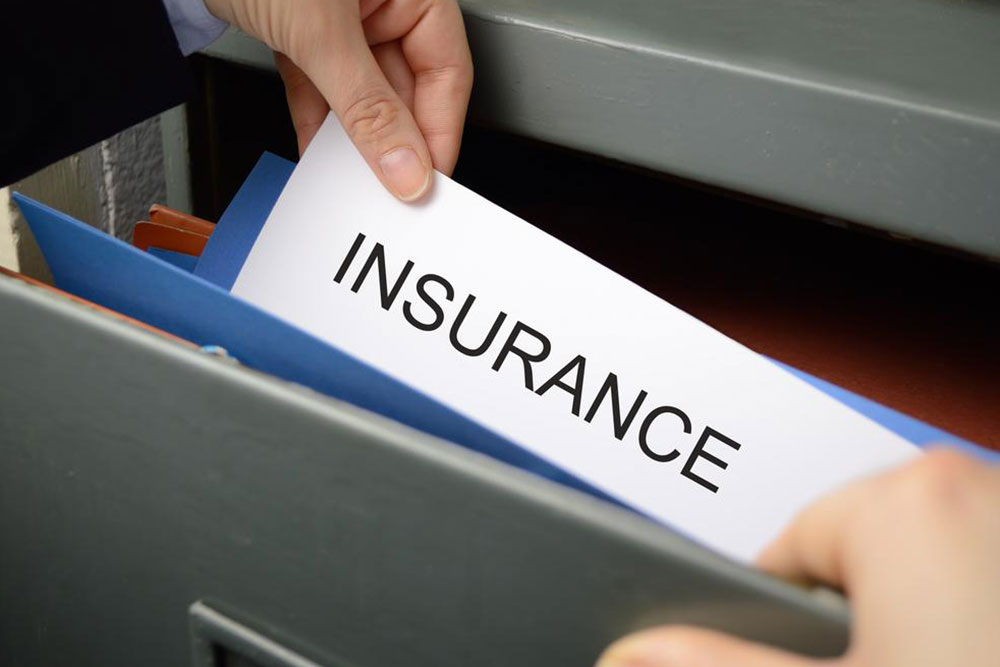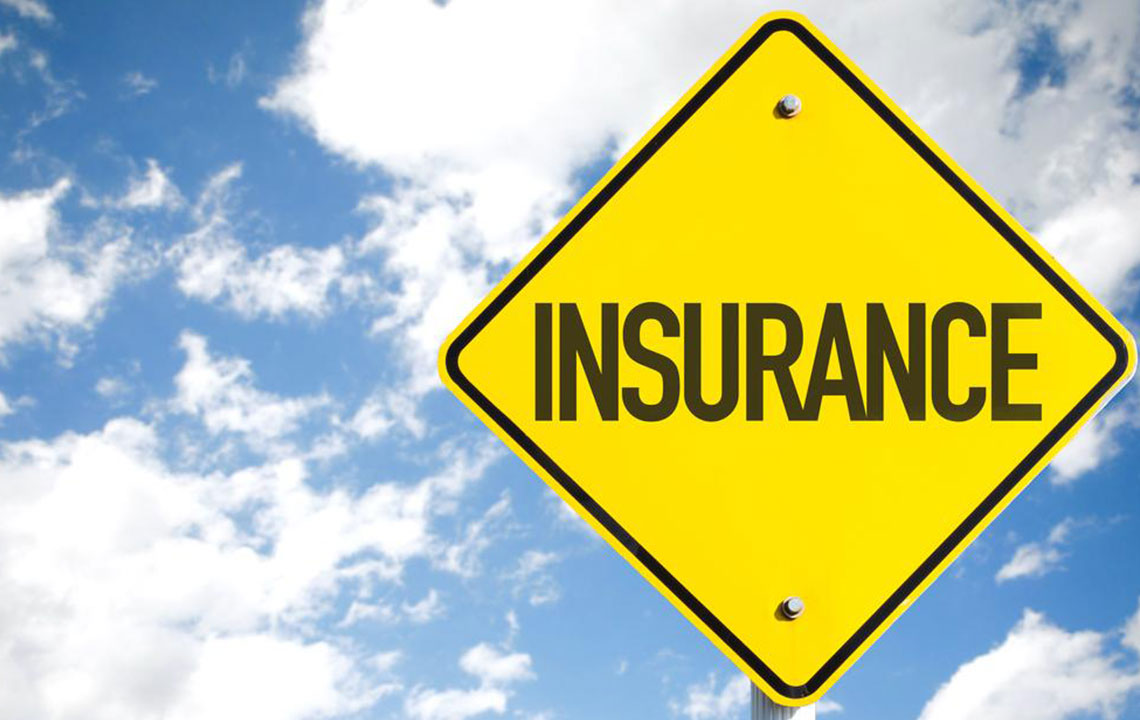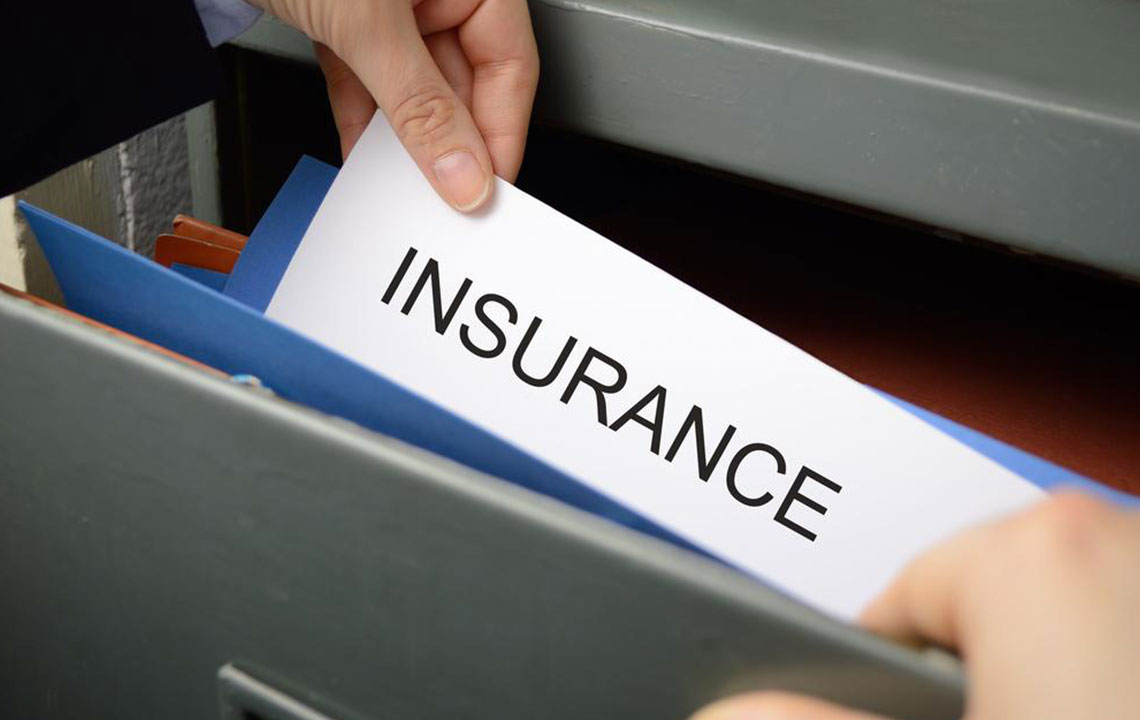Essential Guide to Business Liability Insurance: Why Your Company Needs It
This article emphasizes the importance of general liability insurance for businesses, highlighting coverage types, considerations for choosing the right policy, cost factors, and risk mitigation strategies. It serves as a comprehensive guide for small and large enterprises to safeguard against common liabilities, legal claims, and unforeseen expenses, ensuring financial stability and peace of mind in various industries.

Business owners face unexpected risks that can lead to significant financial setbacks, such as property damages, workplace accidents, or employee injuries. Protecting your enterprise from these liabilities is crucial, and a comprehensive general liability policy helps cover most of these unforeseen costs. This insurance not only shields your finances but also maintains cash flow during legal claims. General liability insurance, often called commercial general liability (CGL), provides protection against common risks like property damage, bodily injury, defamation, and copyright issues. When selecting a policy, consider your business’s specific exposure and risk factors.
Property damage coverage: Protects against damages caused by your business, such as accidental fires or property harm.
Bodily injury: Covers injuries occurring on your premises, like slips or falls.
Reputation protection: Shields your business from statements or online comments that could harm your image.
Copyright claims: Offers defense against copyright infringement lawsuits.
Small businesses are especially vulnerable to legal claims, which can drain finances quickly. Without adequate coverage, a single incident could require dipping into savings or facing legal liabilities personally. While not always legally mandated, many landlords and contract requirements recommend or require general liability insurance to safeguard against unexpected claims.
Choosing appropriate coverage limits depends on your industry, location, and operational risks. Typical policies start at $1 million and can extend to $2 million for aggregate coverage, ensuring your business is financially protected up to that threshold during the policy term. The cost of premiums hinges on factors like business type, size, past claims, location, and structure. Higher-risk industries such as construction or transportation generally face higher premiums than consulting or tech firms.
To reduce premiums and risks, businesses should adhere to safety protocols, follow legal regulations, and implement best practices to prevent accidents and liabilities. Regular safety audits, clear signage, proper equipment maintenance, and product testing are essential. Industries including engineering, construction, IT, healthcare, and professional services should prioritize liability coverage to mitigate potential lawsuits and financial exposure.
In conclusion, general liability insurance is a vital investment, offering peace of mind and financial security for any business. Proper risk management strategies can lower your insurance costs while enhancing your overall safety measures.










